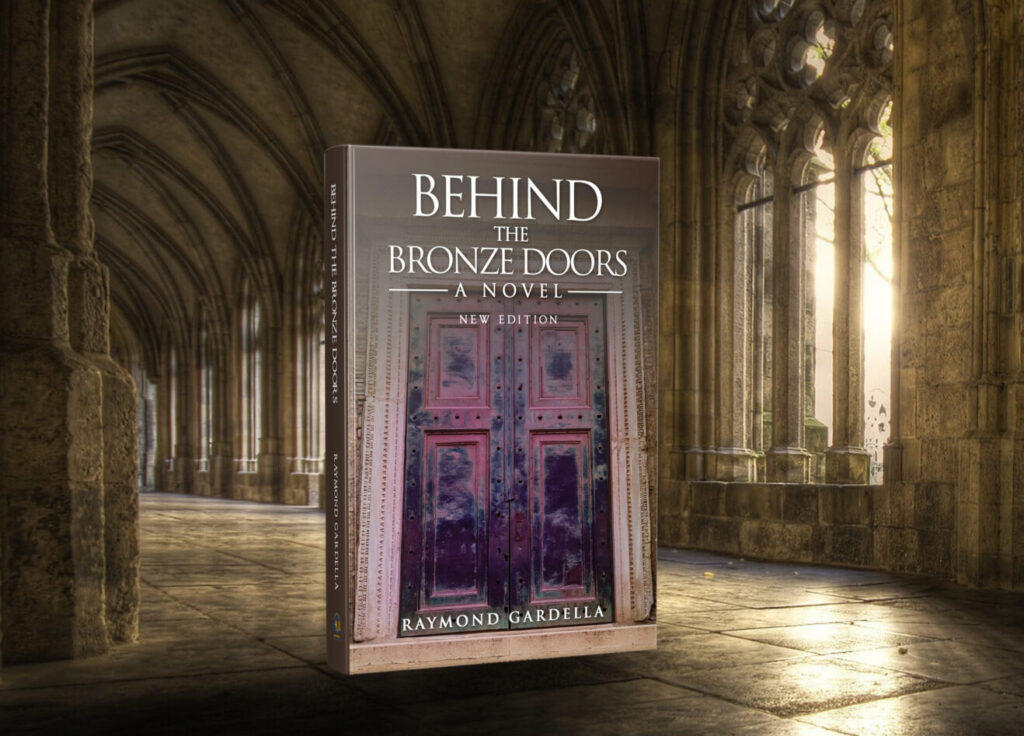Paul Taunton has a room on the fifth floor of the International Seminary with a window that overlooks a full view of Rome’s most famous Pantheon. He is a young priest completing his doctoral studies in theology. He is genuine, steadfast, and unafraid.
He is also one who fits the title “skeptic,” not adherent. The notes he takes in his lectures in class are often discredited for what he hears from the professors’ lectures. He is critical almost to the point of abuse, but not with vengeance.
What rattles Paul more than anything else is someone’s pet myth. “There are too many myths in Christianity,” Paul once reflected to one of his advisors, “and an overabundance of protocol. It’s as if Jesus came for fantasy and parades.” As a consequence, he too often finds himself troubleshooting the myths associated with Christianity.
One of his primary targets is Professor Russo, a cleric who believes that Christianity starts with Bethlehem and doesn’t go anywhere else. Russo was born and bred in a small village in southern Italy where the Nativity scene never goes out of season. It’s always Christmas and the Baby Jesus never moves out of swaddling clothes and there’s a chorus of Angels overhead intoning a message of “Peace on Earth Goodwill to men.”
Russo’s incessant equating of Christianity with peace in the context of Christmas finally got Paul to erupt in class one day with a blast of historical reality: “if Incarnation is Christmas, and Christmas is Christianity, then how do you explain how German Officers of all Christian faiths in 1944 celebrated Christmas with ‘Silent Night’ and roast goose only miles away from the Auschwitz gas chambers they just lit up!”
When Paul exited the class that day, he was the last one to leave. He was the iceberg that hit the Titanic. Throughout the novel, Paul is the myth buster who sees and says things others dare not even think.







